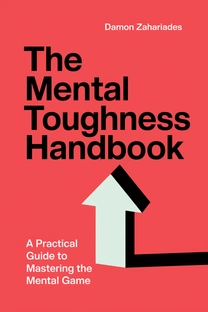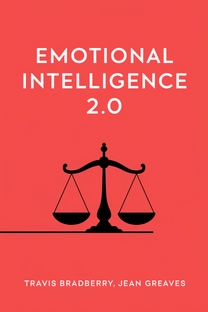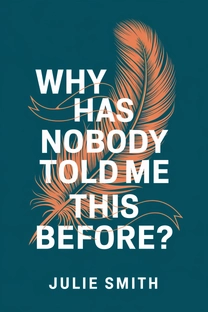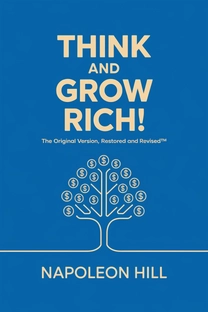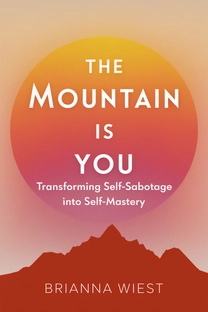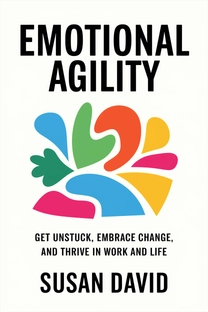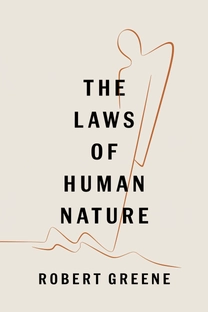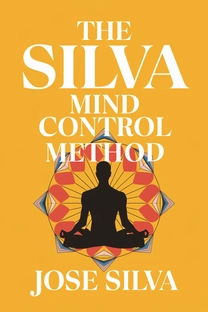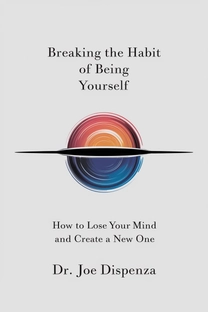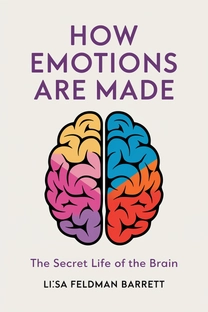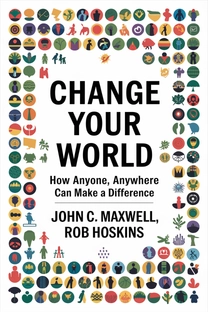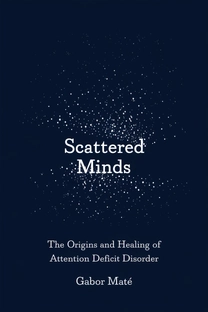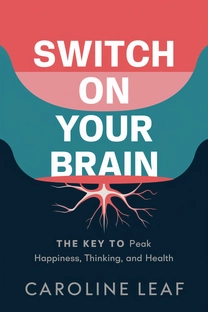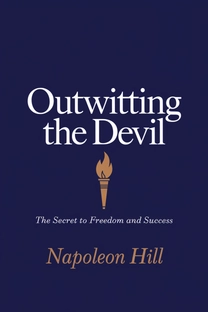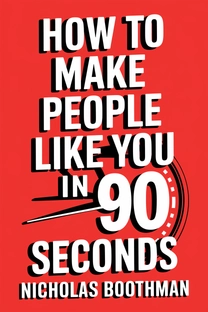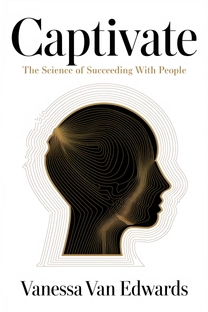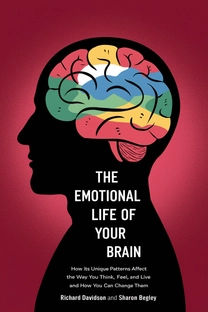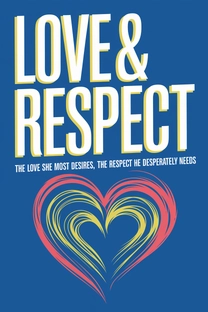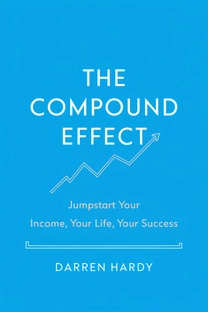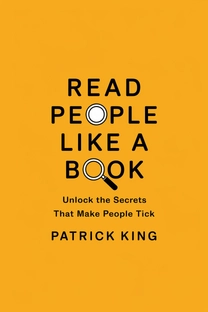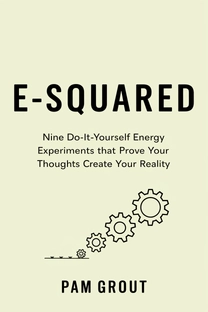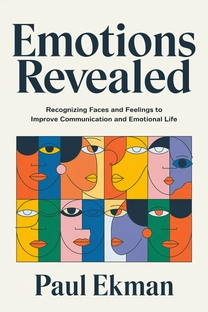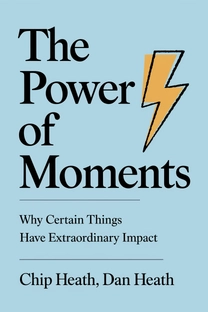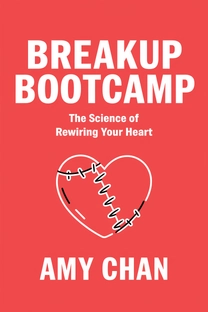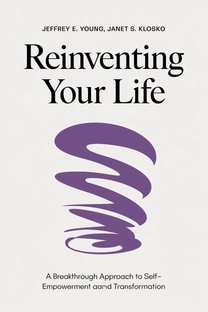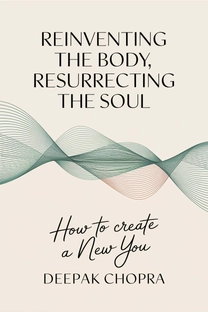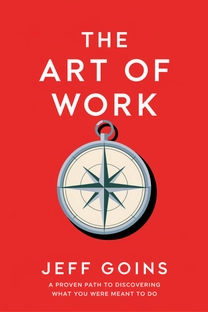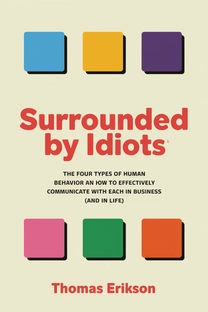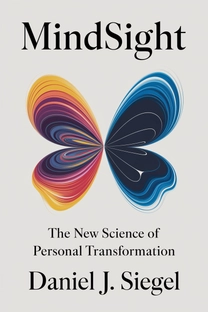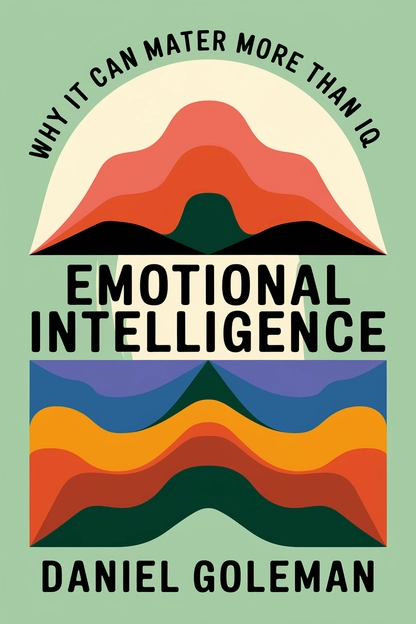
Emotional Intelligence
Why It Can Matter More Than IQ
by Daniel Goleman
Brief overview
This book explores how our emotions powerfully shape our thinking, our decisions, and our relationships. By blending insights from psychology and neuroscience, it reveals why traditional notions of IQ do not fully capture what it takes to succeed or thrive. Through real-life examples, readers discover how emotional skills foster deeper connections and more meaningful accomplishments.
Why Emotions Matter
When people talk about intelligence, they often focus on logic and analysis. But our emotions play a decisive role in how effectively we apply those abilities. Feeling can propel our decisions faster than we realize, sometimes hijacking our reason. This tension explains why a brilliant student might have trouble under stress, or why someone with modest academic talents can excel in leadership.
Research on the biology of the brain shows that emotions operate in tandem with our rational mind. Indeed, strong emotional impulses can override rational thinking, leading to regretful actions. However, a balanced interplay between feeling and reason can help us find more creative and compassionate solutions.
Emotional intelligence recognizes that intellect alone is not a reliable predictor of success. Social competence, empathy, and self-control often matter more in both personal and professional arenas. Each instance of emotional awareness or mismanagement can spark a chain of outcomes in how well we connect with others.
The Architecture of the Emotional Brain
Deep inside our skull, the amygdala constantly scans our surroundings for threats or opportunities. If it perceives danger, it can trigger a surge of adrenaline that prepares us to act instantly. This rapid alarm system helped our ancestors survive but can destabilize us if it goes unchecked.
Neuroscientists discovered that signals travel from the senses to the thalamus and then on two paths: one route heads to the thinking brain, or neocortex, while a shorter, faster route goes straight to the amygdala. This shortcut explains why we can become upset before we know what’s happening.
Modern challenges often do not require split-second reactions, yet our emotional circuitry still leaps into action. If we are unaware of these triggers, we might overreact to minor frustrations. Gaining insight into these brain loops can help us pause to reflect, turning quick fury or anxiety into calmer responses.
What is Emotional Intelligence about?
Emotional Intelligence: Why It Can Matter More Than IQ reveals how mastering our emotions is as vital as high-level reasoning. Drawing from psychology and neuroscience, author Daniel Goleman shows that empathy, self-awareness, and effective stress management can benefit us more than raw cognitive skills alone. By weaving scientific insights with real-life stories, he demonstrates why feelings drive our decisions, relationships, and success in ways traditional IQ tests miss.
Readers discover practical tools for navigating everyday challenges, from handling anger to supporting a friend in crisis. This book matters because it reframes the idea of what “smart” means, offering a deeper understanding of how constructive emotional habits can transform both personal achievements and social connections.
Review of Emotional Intelligence
This book’s standout strength is its clarity in showing how emotional intelligence supports optimal performance, whether at home or in the workplace. Goleman’s focus on empathy and conflict resolution provides a refreshing lens for readers seeking a mature way to handle interpersonal tensions. Each chapter offers practical methods for sharpening self-awareness, from examining daily triggers to developing healthier responses.
Another unique aspect is Goleman’s accessible writing. Complex neuroscience is broken into simple terms, making it easy to spot how our own impulses can lead us astray. The text balances meaningful studies with relatable anecdotes, showing readers the real-world effects of sharpening emotional skills. It covers a broad audience, including professionals, parents, and anyone aiming to enrich their social bonds.
Overall, Emotional Intelligence stands out for its practical value and inclusive tone. If you want to improve relationships, guide teams more effectively, or handle personal stress with greater ease, this neatly written book is a solid recommendation.
Who should read Emotional Intelligence?
- Leaders and managers seeking a more supportive and productive workplace
- Educators who want to help students become socially and emotionally aware
- Professionals aiming to enhance communication and conflict resolution skills
- Individuals looking to improve personal relationships and well-being
About the author
Book summaries like Emotional Intelligence
Why readers love Mindleap
10-Minute Book Insights
Get the core ideas from the world's best books in just 10 minutes of reading or listening.
Curated For You
Discover your next favorite book with personalized recommendations based on your interests.
AI Book ExpertNew
Chat with our AI to help find the best book for you and your goals.
Reviews of MindLeap
Love how I can get the key ideas from books in just 15 minutes! Perfect for my busy schedule and helps me decide which books to read in full.
Alex R.
The summaries are incredibly well-written and the audio feature is perfect for my commute. Such a time-saver!
Jessica M.
Great app for personal growth. The insights are clear and actionable, and I love how they capture the essence of each book.
Chris P.
The app is beautifully designed and the summaries are top-notch. Definitely worth every penny!
Sarah K.


